How To Stop Cold Sweats From Alcohol Withdrawal?
Prefeitura Municipal De Guanambi Site Oficial
9 julio, 202410 Finest Chat Rooms To Talk With Folks In 2024
10 julio, 2024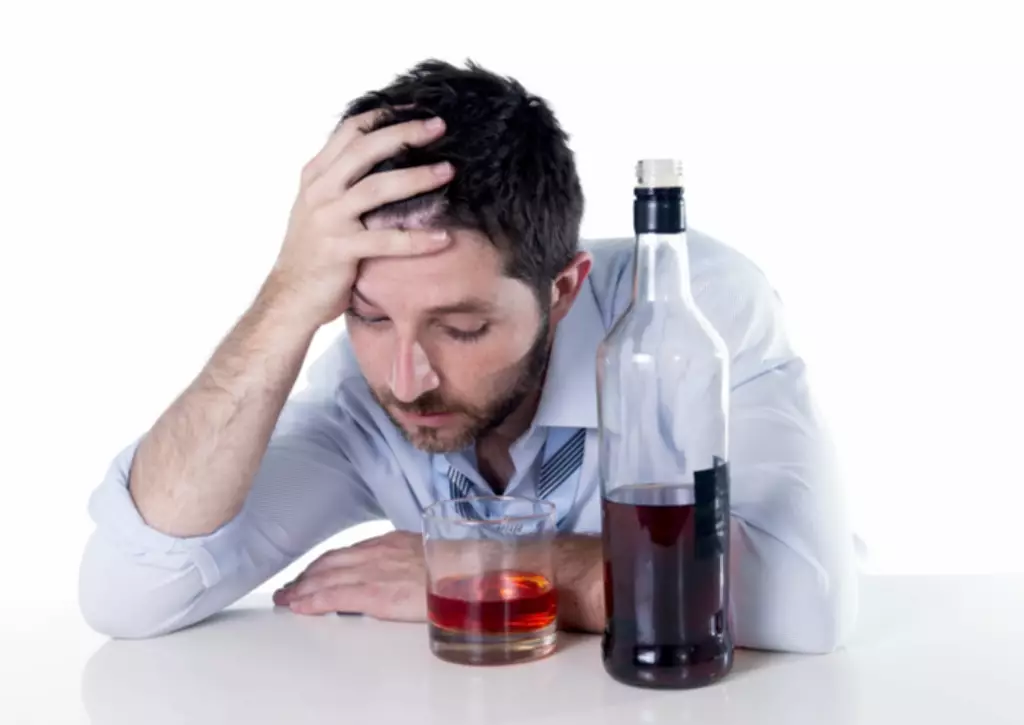
Sleep is important for the restoration of the body as well as for optimal cognitive performance and mental health. Sobriety or sober is the condition of not having any measurable levels or effects from sweating from alcohol alcohol. Sobriety is also considered to be the natural state of a human being given at a birth. Beer, wine, wine coolers and liquor all count toward your daily limit for alcohol consumption — even if it’s “just a glass of wine” with dinner every evening. The program staff will carefully monitor your health while you’re in the program.
Seeking Medical Advice for Alcoholic Night Sweats
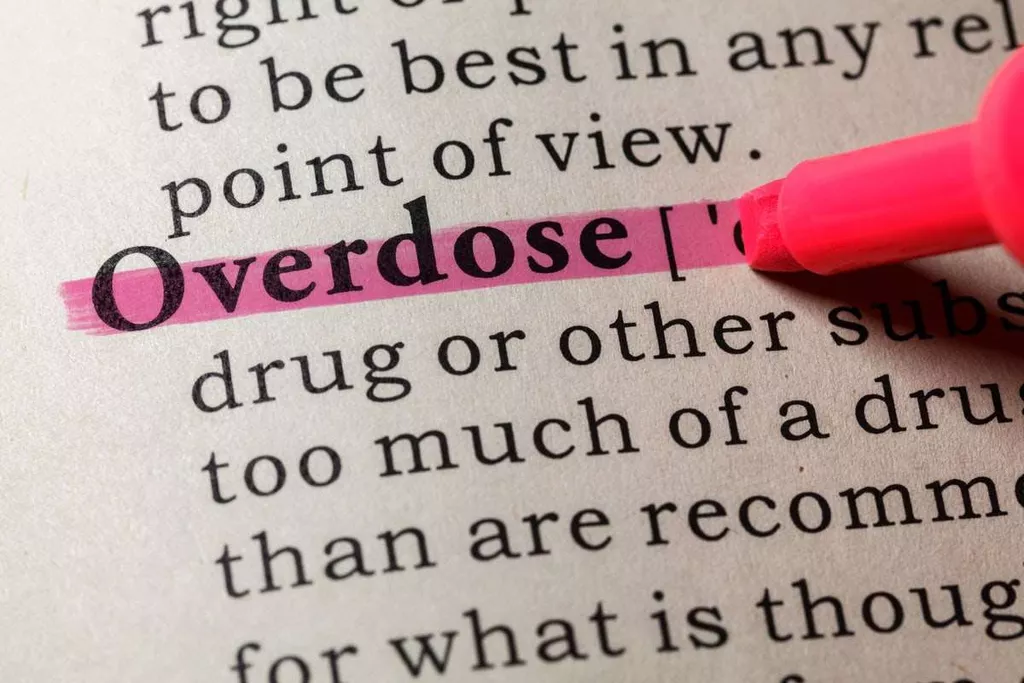
You probably don’t think of being sweaty as a good thing, but it serves an important function. Alcohol withdrawal may be treated pharmacologically under a physician’s guidance. This involves alcohol detoxification and taking medications such as benzodiazepines (Valium, Ativan), carbamazepines (Tegretol, Depakote), valproic acid, or other types of drugs. People who cannot tolerate alcohol must avoid the substance, or otherwise try to find out and avoid what specific substance he is allergic to, such as grapes in wine or yeast in beer. Limiting alcohol intake and taking antihistamines to relieve symptoms are also recommended. It is best that people with alcohol dependency or intolerance speak with a doctor.
What Are the Different Types of Drug Rehabs?
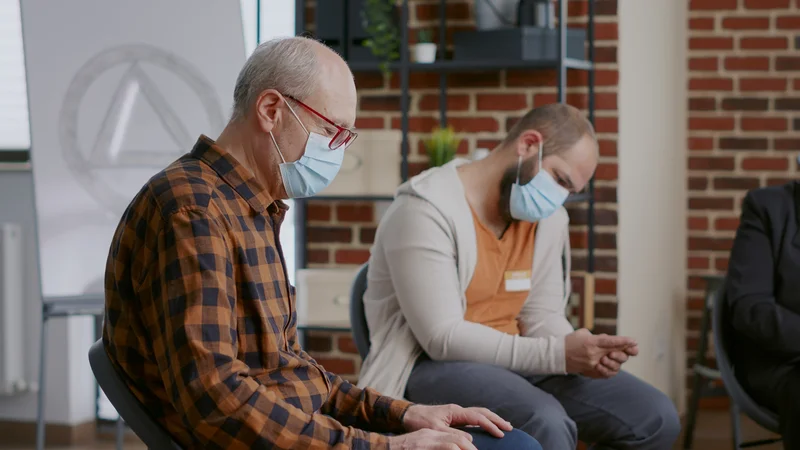
Alcohol is a depressant, which means it slows down the functioning of your nervous system and brain. Your body increases its baseline level of activity to counteract this depressant effect. As a result, you will go through withdrawal symptoms if you abruptly quit.
How Long Is Inpatient Rehab Physical Therapy?
- My favorite inspirational quote is “Some will, Some won’t, So what, NEXT!!!
- It helps people have fun, feel more confident, and even enjoy themselves in the company of others.
- When your body has this mutation, it can’t produce the enzymes that break down the toxins in alcohol.
- However, it tends to be impacted primarily by the level of severity of alcohol dependence, overall health status, and other coexisting illnesses.
- During withdrawal, the opposite happens—your heart rate increases as your nervous system becomes overstimulated.
Without the presence of alcohol, your body must readjust, which can cause some severe symptoms. However, as the body metabolizes the alcohol, it can cause a rebound effect, leading to lighter and more fragmented sleep during the second half of the night. This disruption in sleep architecture can result in night sweats, as the body struggles to maintain a consistent temperature. Alcohol can also disrupt normal sleep patterns, which may contribute to night sweats. While alcohol initially acts as a sedative and can help you fall asleep faster, it can negatively impact the quality of your sleep.
It’s important to note that night sweats can also be caused by other factors such as hormonal changes, medications, or underlying health conditions. If you’re concerned that your tremors might be the result of withdrawal, it’s best to reach out to a healthcare professional. While you can usually manage alcohol withdrawal syndrome on your own, it can be quite uncomfortable. Plus, in some Oxford House cases, it can involve more severe symptoms, like mental confusion, hallucinations, or seizures. When people with AUD stop drinking, they will often experience alcohol withdrawal symptoms. These symptoms occur within a few hours or days after the person’s last drink.
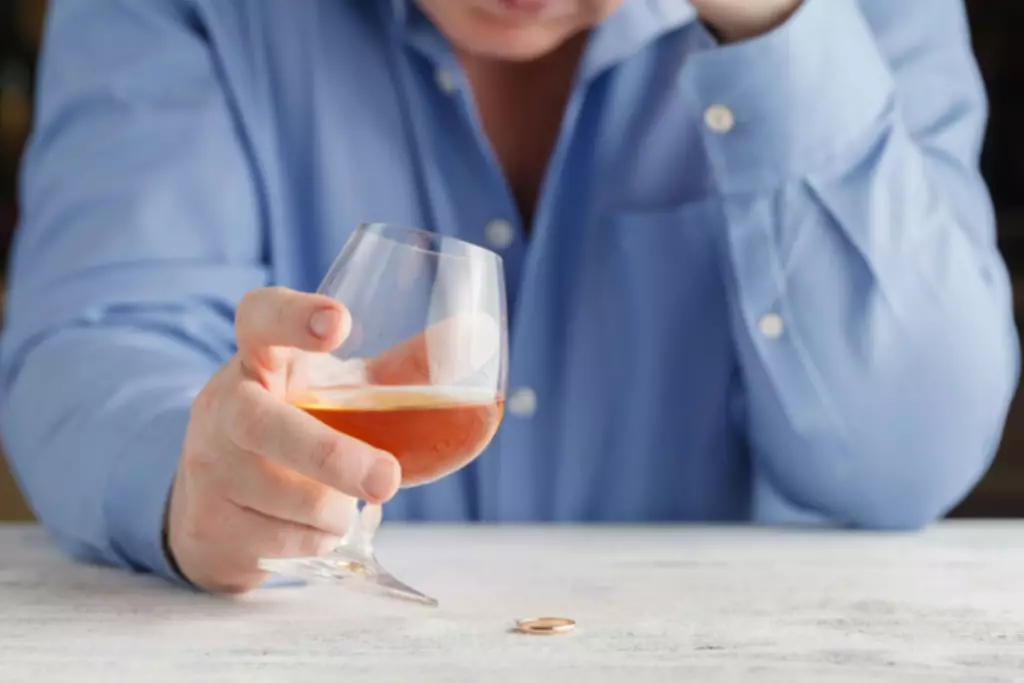
The Health Risks Linked to Night Sweats and Alcohol Withdrawal
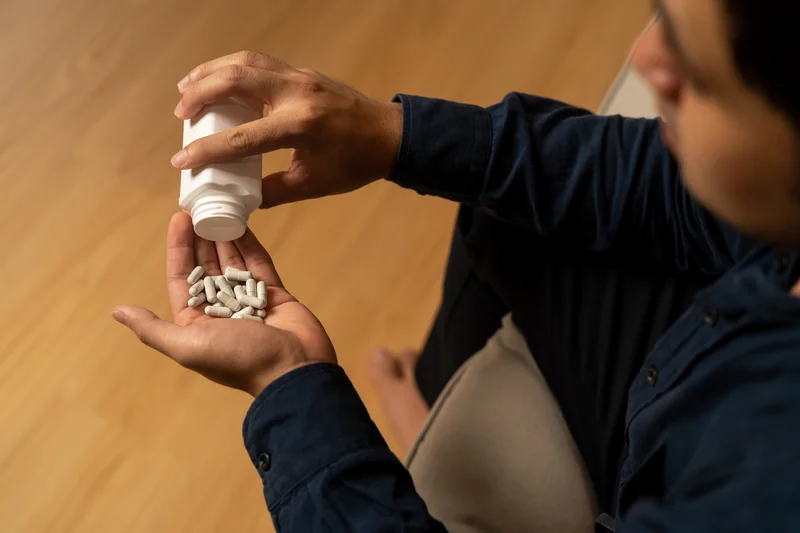
Alcoholism is a disease that affects more than 80 million people in the United States. Unfortunately, only 8 percent of those suffering from the disease will actually receive treatment. However, there are ways to decrease groin sweat and manage it effectively. While powders will not prevent sweat production, they can protect the skin from moisture damage in a few different ways.
Alcohol Withdrawal Night Sweats
If you or a loved one struggles with alcoholism, don’t try to quit drinking cold turkey at home. With proper treatment, counseling and a strong support system, it is possible to break free from the grips of alcohol addiction and begin recovering your health and wellbeing. While some of these effects are generally mild and short-lived, others can point to more chronic, compulsive patterns of drinking. If you think you or a loved one might be struggling with alcoholism, educating yourself on early warning signs can be a life changer.
